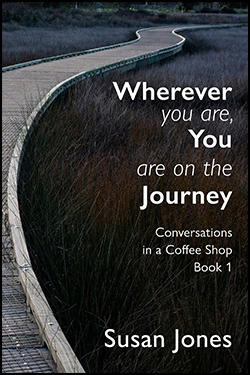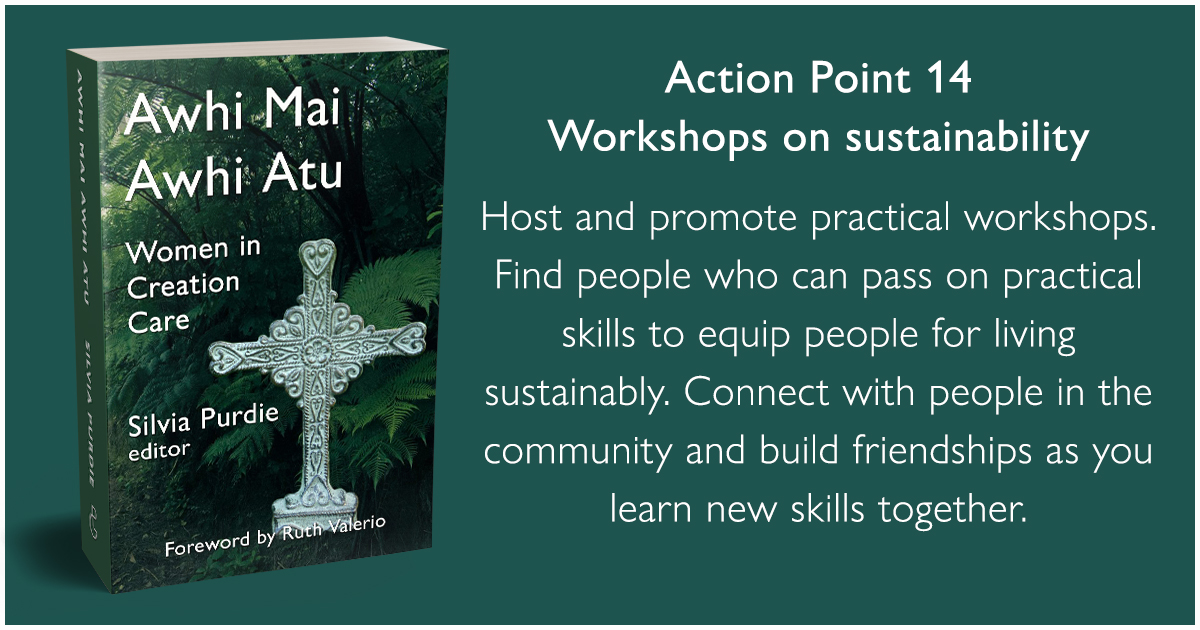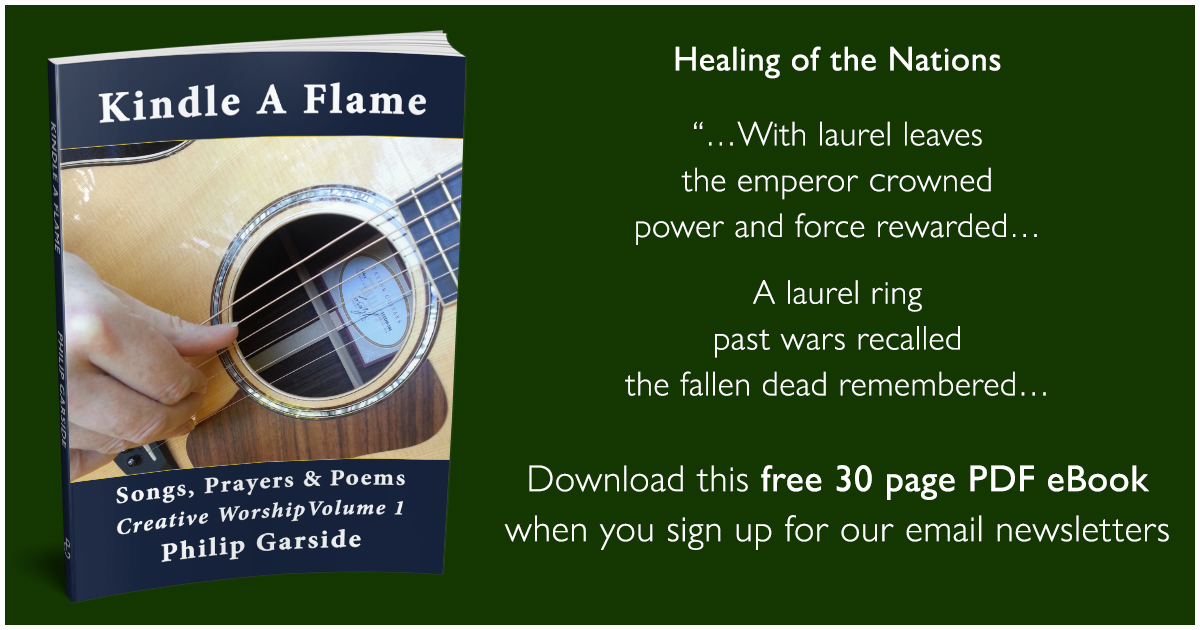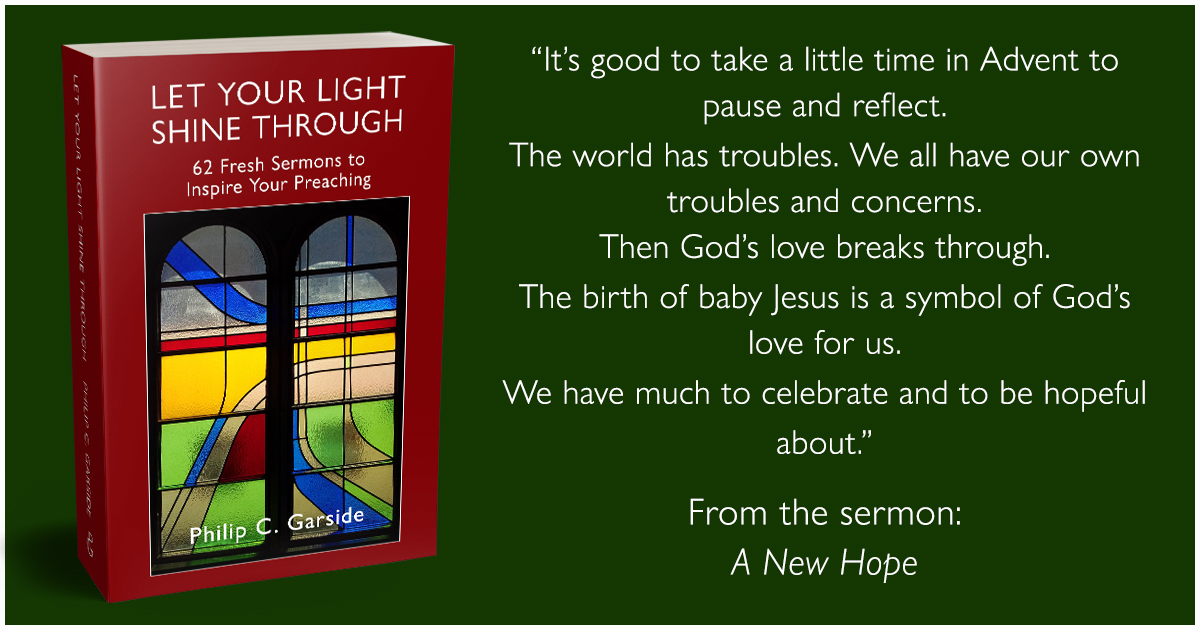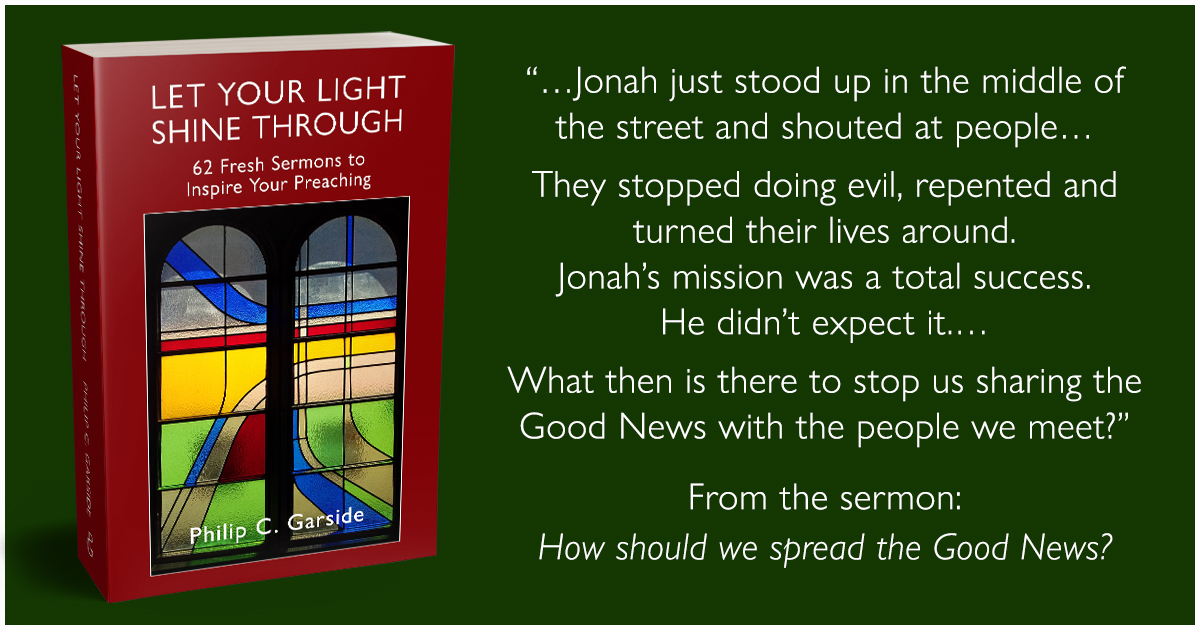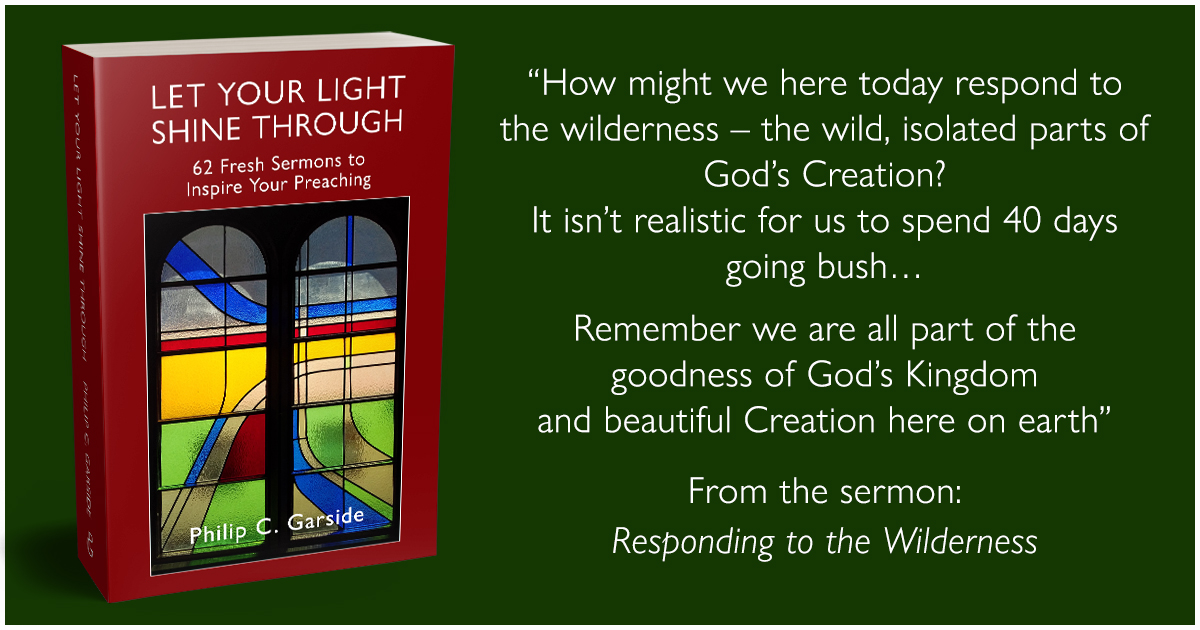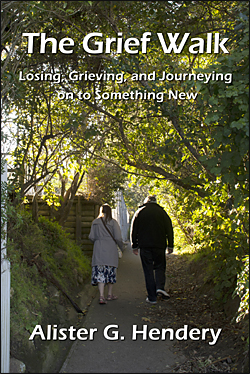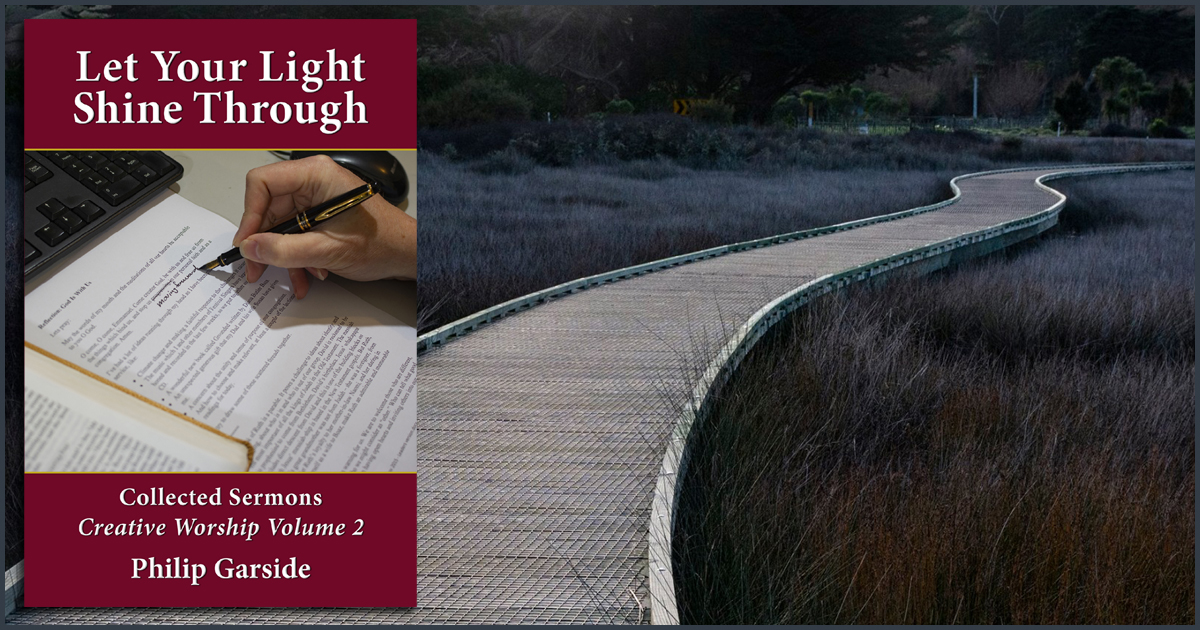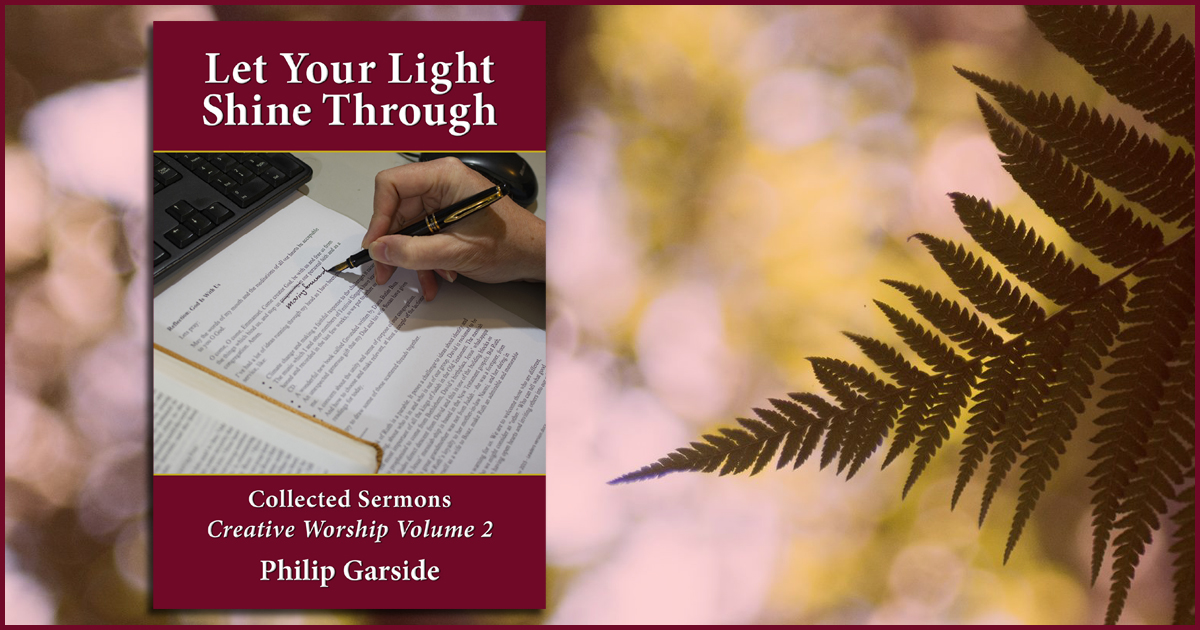The following review by Paul Inglis has just been posted on the Book Reviews section of Australian progressive Christian website: Open Discussion on Progressive Christianity https://ucforum.unitingchurch.org.au/
Wherever You are, You are on a Journey: Conversations in a Coffee Shop.
Book 1 of a trilogy by Susan Jones. Philip Garside Publishing Ltd.
“It is easy to lose sight of our inner convictions as we stumble, fall, pick ourselves up and deal with critical fellow-travellers. It is not easy to seek directions through mists of disillusionment and disenchantment.(Susan Jones)
This is a novel with a powerful use of simple understatement and a generous discourse that touches on what it means to be fully human. It is about Hope (her friend’s) journey and her own journey of discovery and evolving relationship with other seekers. Susan Jones has imaginatively located the events in a coffee shop where she meets regularly with Hope to unpack ideas and help Hope, as her minister, through the struggle we all have with finding meaning in life and faith.
She examines Hope’s journey as a typical pathway through faith which, for her, ultimately led to wrestling with questions openly. This includes the shock of unpacking the shibboleths of fundamentalism and literalism, clearly the responses of many people to this awakening of values – from trying to stay within the old ‘acceptable’ outlook to comfortably challenging it.
The story demonstrates what happens when one is allowed to think critically and share doubts.
Using the vehicles of the novel and the coffee shop conversations, Susan interrogates the issues many of us are living through – truth, facts, faith, church history, historical criticism, post enlightenment thinking and even Schleimacker’s work on the ‘scientific discipline of religion’.
Drawing on many contemporary progressive theologians, Susan takes the reader on a journey of continuous unfolding of understandings and practices that have so often been thought of literally rather than as metaphor, making more sense when seen as the latter.
Reflections on the decline of Christianity and the rise of openness to discussing the alternatives raises the question as to what ideology fills the vacuum in an age of omnipotent (acting) world leaders?
But the impossible quest for answers bedded in old beliefs is a block to our journey if we don’t take a new direction. This is an invitation to ask ourselves if the old assumptions, beliefs and habits are the limit of our understanding. The author asserts that it is not, and our journey is about finding oneself – becoming fully human in a world where the church has failed to deliver this for us.
This subtle unpacking of myth makes good reading for anyone re-thinking their life and what has shaped their thinking. It is an imaginary set of conversations and not a heavy theological treatise, that draws on psychology and philosophy to aid the process of thinking about the big topics of sin, evil, baptism, communion and scripture.
Recommended reading for personal reflection on one’s own journey.”
• • •
Click these links for details of places to order your copies:
Print eBooks

